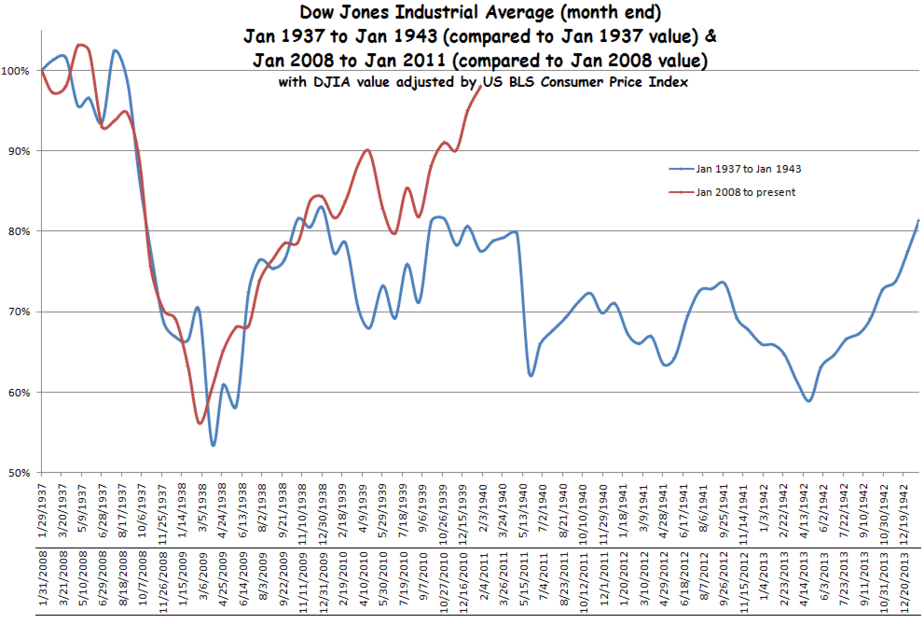Why are engineers jobless? Some reasons stem from the engineers themselves, while others come from outside forces.
Buckle up, because we’re about to explore the top five reasons why engineers struggle to land a gig. By the end of this, you’ll see that job hunting in the engineering world isn’t all doom and gloom. Plus, you’ll learn some nifty tricks to boost your chances of snagging your dream job!
#1 Poor interview skills

Picture this: you apply to 100 jobs, score 100 interviews, but flop every single one because you can’t showcase your awesome self. Sounds like a nightmare, right?
When you’re swimming in a sea of skilled engineers, standing out is essential. And it all begins with crushing that interview. To make sure you shine, try these tips:
- Communicate clearly and concisely.
- Know your technical stuff like the back of your hand.
- Be confident, poised, and ready to impress.
Need more help? I’ve got your back with these articles I’ve put together:
- 12 engineering writing tips you need to know
- Engineering writing style guide – 6 things to know
- 12 ways to improve public speaking skills for engineers
And don’t forget to master the infamous Elon Musk interview question – it could make or break you!
Remember, practice makes perfect. Refine your self-marketing skills and you’ll be unstoppable.
#2 Lack of interest in engineering
Let’s face it: some folks just aren’t passionate about engineering. And without that burning desire, they won’t go the extra mile to score a job in a competitive market.
I mean, think about the endless job applications, tailoring resumes and cover letters, and constantly leveling up your engineering skills. You need to eat, sleep, and breathe your field of expertise.
If you’re not genuinely into engineering, it’s tough to outshine the die-hard engineers vying for the same job. While you’re coasting, they’re giving it their all.
#3 Too picky
We all dream of that perfect job, but sometimes our wish list gets a bit out of control. Check out this over-the-top list of demands:
- Sky-high pay, stock options, and health benefits
- Ideal location with year-round sunshine
- Flexible hours and remote work options
- Total autonomy
- Challenging and rewarding work
- Specific work culture
- Free food
Aiming high is great, but chasing a unicorn job like this could leave you jobless forever. And if you do find it, you might not have much leverage if you’re not already employed.
I know engineers who won’t work anywhere but San Francisco and won’t accept less than $250,000 a year plus stock options. Spoiler alert: they’re still freelancing and job hunting.
So, who’s to blame here?…
When you’re jobless, being too picky can cost you opportunities – especially when the job market’s tough and employers have their pick of the litter.
Instead, try settling for a decent job that checks most of your boxes. Once you’re in, you can pivot and aim even higher with more bargaining power.
#4 Brutal job market

Industry downturns hit everyone hard, engineers included. If you were on the prowl for a job during the Great Recession of 2008, you know just how insanely tough it was to score a gig.
To make matters worse, each year brings a fresh wave of eager new grads, ready to flood the market.
These economic downturns are out of your hands. Sometimes, you’re just plain unlucky and end up job hunting during the worst possible time.
Landing a job becomes a real uphill battle when these factors collide:
- No newly created engineering jobs
- A massive supply of engineers
- An endless wave of layoffs
- The rise of automation and Artificial Intelligence (AI)
In situations like these, there’s only one way to come out on top: become the best engineer you can be. No excuses.
My go-getter engineering pals never stay jobless for more than 3 months. What’s their secret sauce? They push themselves beyond what their peers do. Check it out:
- Whip up custom resumes and cover letters
- Tap into their network of colleagues
- Polish their existing knowledge and keep on learning
- Stay positive, even during long unemployment spells
- Work on their interview game with mock job interviews

Important Note: During tough times, companies prefer hiring experienced engineers over fresh-faced new grads. Why? They don’t have the budget to train rookies. Training engineers takes time and resources.
A solid foundation in engineering theory is great, but it doesn’t guarantee you’ll be profitable for a company. In the engineering world, experience trumps education.
When the going gets tough, companies can’t afford to gamble on untested candidates. They need to know their new hires can hit the ground running.
#5 Skillset realities
The truth is, not every engineer is a hot commodity in the job market, and there’s a whole slew of reasons behind it.
At the end of the day, bosses want their employees to pump out top-notch work like clockwork to rake in the profits. If you can’t step up to the plate, you’ll find yourself out on your keister. It’s as simple as supply and demand.
A big ol’ roadblock here is our out-of-touch engineering education system. We’re in dire need of a shakeup to churn out more job-ready engineers.
Sporting an engineering title doesn’t guarantee you a darn thing. Your fancy titles and diplomas don’t mean squat when it’s time to roll up your sleeves and get down to business. And when folks catch wind that you can’t even do basic math? Damn!
To ramp up your appeal as an engineer, give these articles I wrote a whirl:
In the cutthroat arena of job hunting, you need to be a top-dog engineer to rise above the competition. Keep those technical skills razor-sharp by constantly learning and pushing for better.
But hey, it’s not just about being a whiz-kid with a wrench. To be truly hirable, you need to be an all-around great person. After all, nobody wants to work with an asshole.
“Why engineers are jobless?” wrap up
There’s a mountain of reasons why engineers might be twiddling their thumbs instead of rolling in the dough. But when the chips are down, a big chunk of that responsibility lands squarely on the engineers themselves.
In today’s breakneck, globalized job market, where robots and AI are elbowing in on engineers’ turf, it’s crucial to buff up your marketability. Otherwise, you’ll be just another fish in the sea of job-starved engineers.
Sure, snagging that dream gig can still be a tough climb. But by cranking up your marketability, you can trim your job search from a brutal 12 months to a more bearable 4. It might not be your dream job, but it’s a solid stepping stone to getting there.
What’s your take on engineers being jobless? Do you think the blame lies more with the engineers themselves, or are outside factors the bigger culprits when it comes to unemployment?
